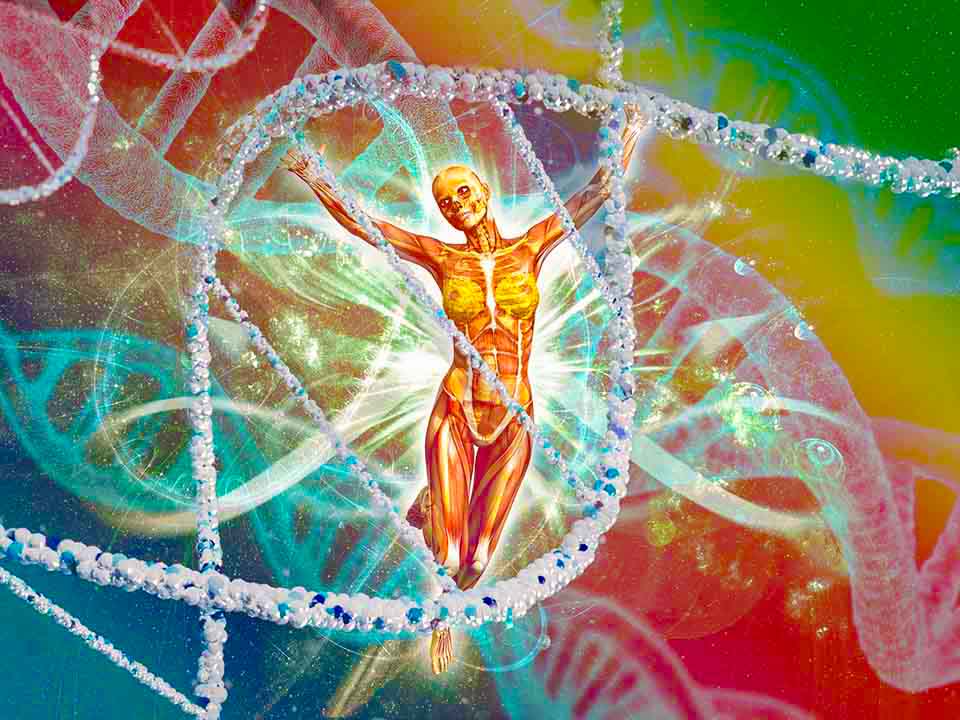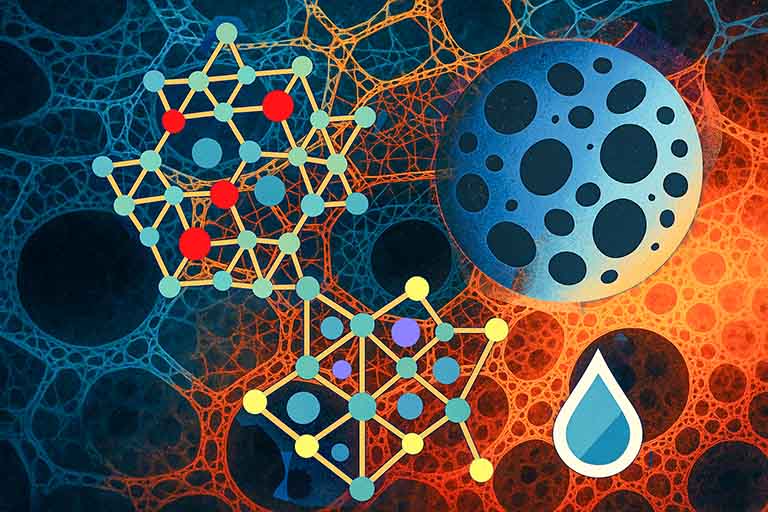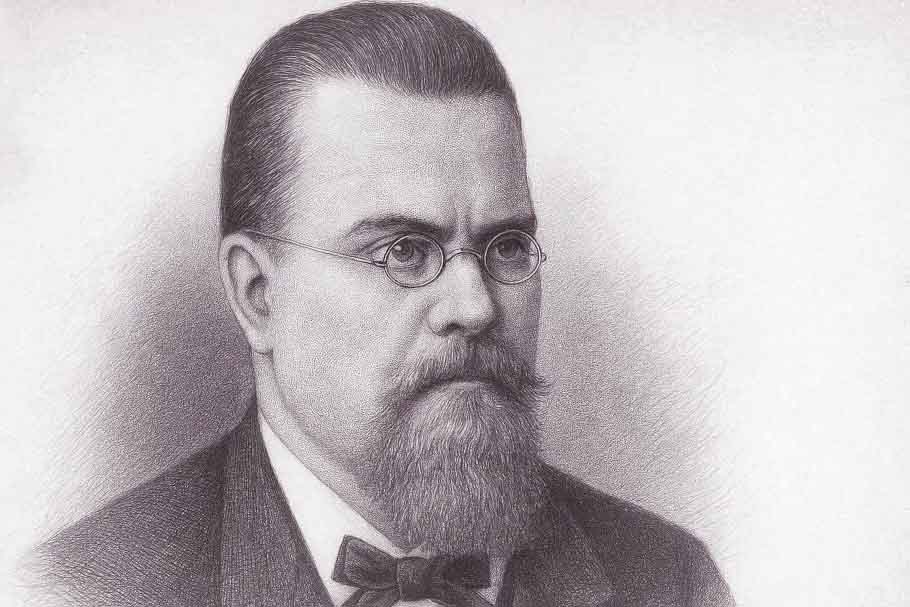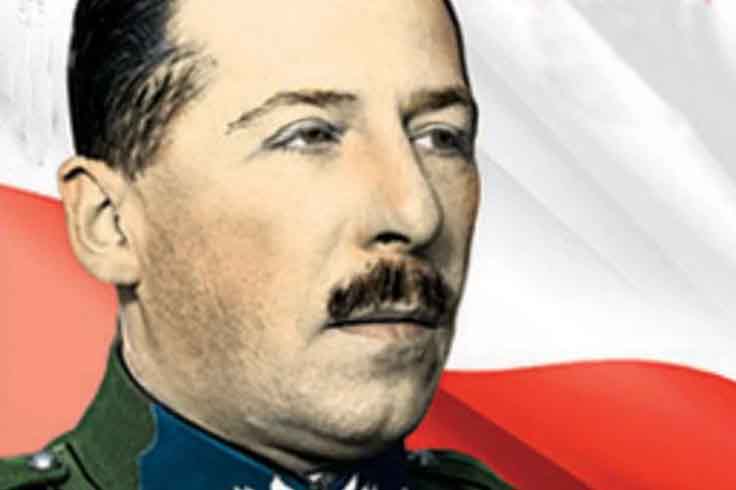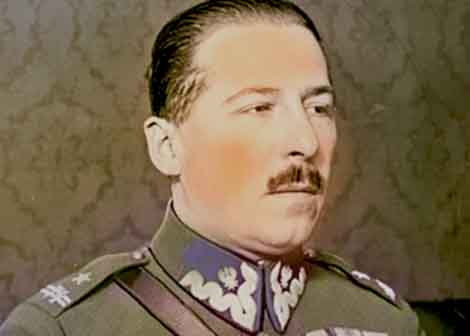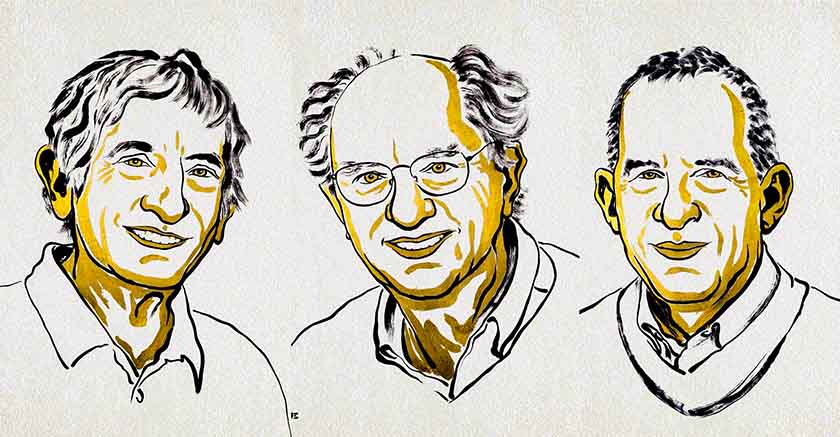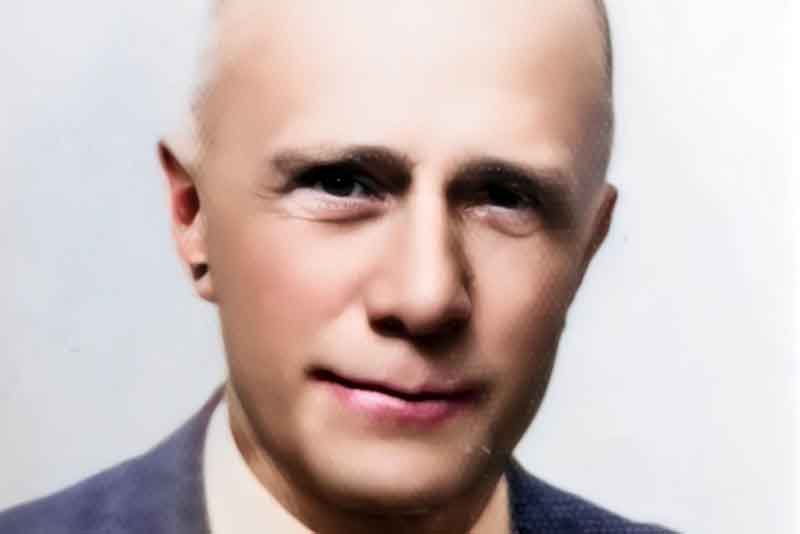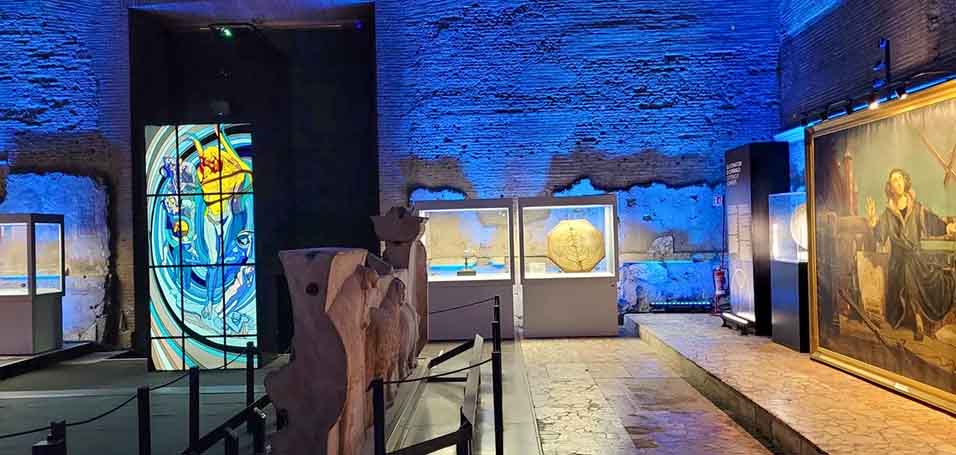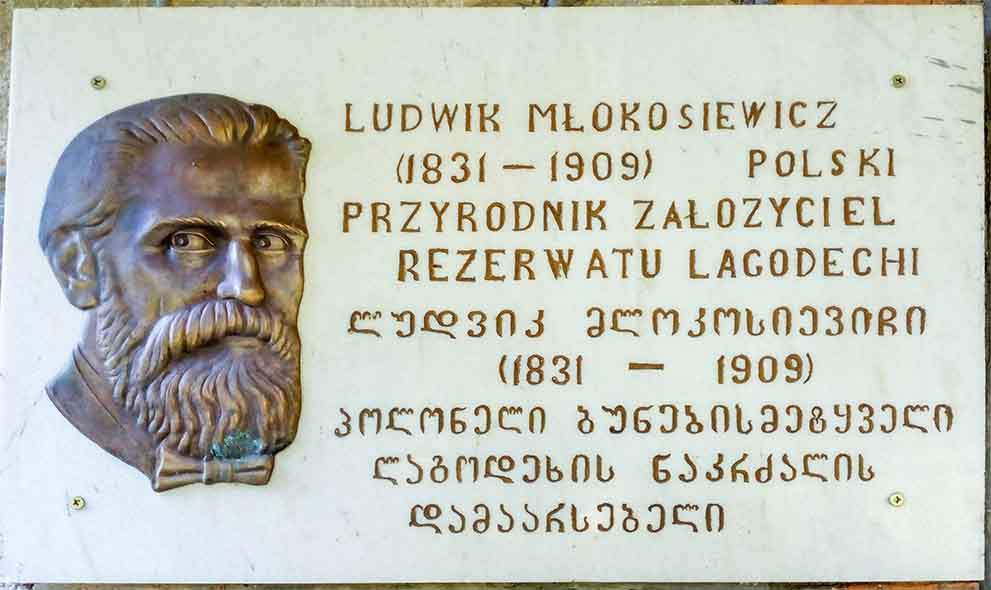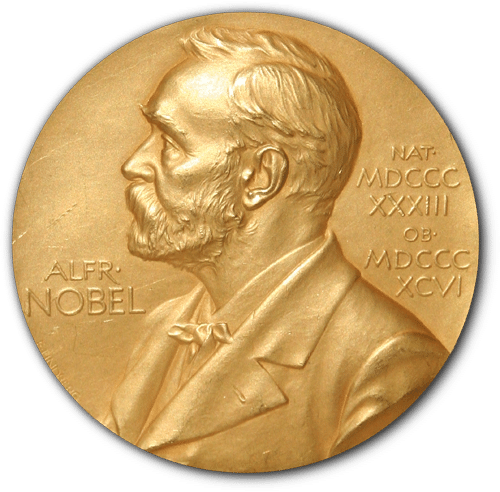Reports of the supposed "exceptional effectiveness" of Polish in artificial intelligence tests have sparked both widespread enthusiasm and consternation. Does Polish truly stand out from other languages, or is this just media overrepresentation? It's worth sorting out the facts, separating emotions from data, and looking at the matter from a broader perspective.
Read more... Reading time 7 min.The immune system not only defends itself but also ensures that it doesn't attack its own tissues. This year's Nobel Prize in Medicine honors the discovery of the "guardians" of this balance—T-reg cells, which could transform the treatment of autoimmunity, cancer, and transplantation.
Read more... Reading time 8 min.This year's Nobel Prize in Chemistry rewards... holes. Three scientists—Kitagawa, Robson, and Yaghi—have created metal-organic frameworks (MOFs): materials with enormous internal surface areas that can store gases, filter toxins, and "extract" water from the air. This is a breakthrough that could transform chemistry and environmental technologies.
Read more... Reading time 10 min.On October 28, 1845, Zygmunt Wróblewski was born, one of the most outstanding Polish physicists, a pioneer of cryogenics, who, together with Karol Olszewski, was the first in history to liquefy the gases constituting the Earth's atmosphere.
Read more... Reading time 4 min.Lisbon – a city of spies, emigrants, and secret couriers. It is here that Jan Kowalewski, a former codebreaker from the 1920s, creates "Continental Action" – a Polish intelligence project intended to dismantle Hitler's alliance from within. He meets Germans, talks with Italians, warns the world about Operation Barbarossa, and fights for a Europe that is beyond saving.
Read more... Reading time 10 min.In the shadow of the Battle of Warsaw, a silent hero was born – a chemist from Łódź who, instead of a gun, held a comb and a pencil. Thanks to him, Poland in 1920 knew more about the Red Army's movements than Tukhachevsky himself.
Read more... Reading time 12 min.A century has passed since the emergence of quantum mechanics—the science that started it all, but the aftermath is surprising. This year, the Nobel Prize in Physics went to researchers who brought quanta out of laboratories and into the world of engineering.
Read more... Reading time 9 min.October 12 is the day when we remember the death of Czesław Białobrzeski – theoretical physicist, astrophysicist, philosopher of science, pioneer of modern stellar models, author of about a hundred scientific papers – but also an opportunity to reflect on which of his ideas and works remain alive today.
Read more... Reading time 9 min.The heliocentric theory, articulated in Nicolaus Copernicus's ‘On the Revolutions of the Celestial Spheres’ (1543), was dedicated to Pope Paul III. However, it took nearly two centuries for the scientific community to fully recognize his revolutionary ideas.
Read more... Reading time 4 min.This year marks 203 years since the birth (8 or 23 March 1822) of Ignacy Łukasiewicz. He is an exemplary inventor and social activist. Those who know him associate him with the invention of the kerosene lamp. However, he is a much more complex and interesting figure. And curiously, in his area he was known for something completely different.
Read more... Reading time 6 min.He was supposed to be a military man, but the uniform was not his calling. He discovered and introduced to the world some 60 unknown species of flora and fauna. Georgians owe him a unique national park and remember that he was responsible for the creation of what was then Russia's first nature reserve. In Poland, however, Ludwik Młokosiewicz remains completely unknown.
Read more... Reading time 5 min.Andrzej (Andrew) Woźniewicz
Alfred Bernhard Nobel, the Swedish inventor and founder of the famous Prize by his name, was a rather controversial figure. He was a loner, living in isolation, traveling a lot, never got married, had few friends, and was very distant with his family. Politically conservative, for example, he was against allowing women to vote, and was not particularly liked as a manager. Once he became seriously ill, the only person who visited him was his employee. He lived in hotels and in his laboratories, which is why Victor Hugo called him "the richest vagabond in Europe".
Read more...



